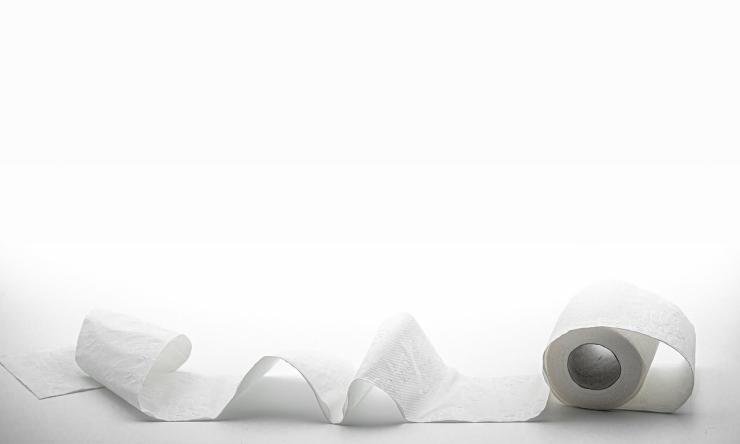Don’t be a fool about stool
Bowel movements come in all shapes and sizes, but ensuring regularity is the key to removing accrued bodily waste. A Baylor College of Medicine expert discusses the importance of regular bowel movements and how to improve the quality of your stool.
“At a minimum, you should be experiencing healthy bowel movements three times a week,” said Dr. Mike Ren, assistant professor of family and community medicine at Baylor. “If you experience loose stool, you probably find yourself on the toilet more often, but if you are experiencing hard stool you might be seeing yourself on the toilet much less frequently.”
How does your bowel move?
A quality bowel movement should be easily passed with little to no straining. Stool should be in a cylindrical-type well-formed shape.
There are several factors that determine the quality of your stool and bowel movements. People whose diet consists of whole grains, fruits, vegetables, nuts and other high-fiber foods, and who adequately hydrate will typically experience regular, high-quality bowel movements. Additionally, ensuring that you are exercising regularly is key to achieving quality bowel movements.
On the flip side, diets that heavily consist of processed grains, fatty foods and red meat can lead to constipation. Some medications and supplements, such as iron supplements, also can prevent healthy bowel movement.
Everyone’s poop schedule is different, and even the slightest change in a routine can lead to constipation.
“If someone’s normal schedule sees them having a daily bowel movement, but then that changes to once or twice a week, they can probably trace the cause of this change,” said Ren. “Did you recently celebrate a holiday or milestone where you ate poorly? Did you travel recently? Are you under a lot of stress or not getting enough sleep? All of these can make you irregular.”
Ren advises those experiencing constipation for four consecutive weeks to seek medical help.
What to do about “number two”
There are a few strategies you can take to return to your normal bowel movement schedule. Over-the-counter stool softeners will increase the amount of water your stool absorbs and make it easier to pass. Stool hardeners slow excessive muscle movement in the digestive system and allow for loose stool to solidify.
People frequently turn to coffee in the mornings to begin their day with a healthy bowel movement, which works through caffeine and certain acids that increase gastrin in your system. Gastrin stimulates gut activity to help get your bowels moving. Footstools used at the base of a toilet that elevate a person’s feet, forcing them into a squatting position, helps to straighten the anorectal angle, relaxes the puborectalis muscle and creates a smoother passage for stool. These footstools also relieve pressure on the pelvic floor muscles, preventing excessive straining and reducing the possibility of hemorrhoids, pelvic floor issues and even constipation.
“If you find yourself incorporating more fiber in your diet, staying well-hydrated, taking fiber supplements and trying accessible over-the-counter stool medications and still are constipated, make an appointment with your doctor as there may be a larger underlying health concern that needs to be investigated,” Ren said.










